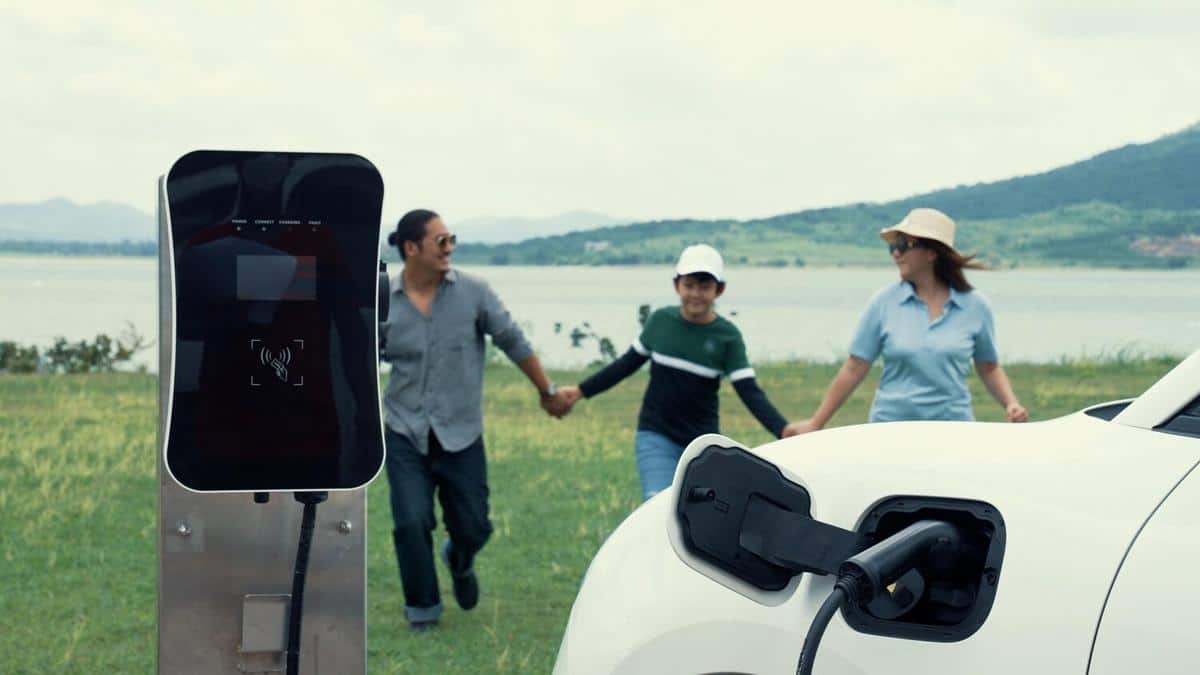
The Rise of Electric Vehicles: How They’re Transforming the Automotive Industry
Electric vehicles (EVs) are no longer just a futuristic concept; they are rapidly becoming a key player in the transformation of the automotive industry. With advancements in technology and a growing emphasis on sustainability, EVs are reshaping how we think about transportation.
The shift towards electric vehicles is driven by a combination of environmental concern, technological innovation, and economic factors. According to a report by the International Energy Agency, the global stock of electric cars surpassed 10 million in 2020, marking a 43% increase from the previous year. This growth highlights the accelerating adoption of EVs as both consumers and manufacturers recognize their potential benefits.
Experts Weigh In
Industry leaders like Elon Musk have been vocal about the necessity of moving away from fossil fuels. In a recent interview, he emphasized the need for sustainable energy solutions, stating that ‘electric vehicles are essential for reducing greenhouse gas emissions.’ This sentiment is echoed by many in the industry as they push for broader adoption of electric mobility.
Statistics and Research
The impact of electric vehicles is evident in various research findings. According to a study by BloombergNEF, by 2040, electric vehicles are expected to account for 58% of global passenger vehicle sales. This projection underscores the significant market shift towards electrification.
Personal Experiences
For many drivers, switching to an electric vehicle has been a game-changer. Take Mark, for example, who decided to purchase an EV two years ago. He shares, ‘The performance and cost savings on fuel have been incredible. I can’t imagine going back to a traditional car.’
Practical Advice for Potential EV Owners
- Research charging infrastructure in your area to ensure convenience.
- Consider the range of different models to match your lifestyle needs.
- Explore financial incentives and rebates that may be available.
Available Models: A Comparison
| Model | Range (miles) | Price | Charging Time |
|---|---|---|---|
| Model A | 300 | $35,000 | 8 hours |
| Model B | 250 | $30,000 | 6.5 hours |
| Model C | 350 | $40,000 | 7 hours |
| Model D | 200 | $28,000 | 5.5 hours |
| Model E | 400 | $45,000 | 9 hours |
| Model F | 180 | $25,000 | 4.5 hours |
| Model G | 320 | $38,000 | 7.5 hours |
| Model H | 260 | $33,000 | 6 hours |
Frequently Asked Questions
Are electric vehicles more expensive to maintain?
Generally, EVs have fewer moving parts and require less maintenance than traditional vehicles, potentially lowering long-term costs.
How do I find charging stations near me?
Many apps and websites provide maps and locations of charging stations, making it easy to plan your trips.
Conclusion
The rise of electric vehicles marks a significant shift in the automotive industry, offering a more sustainable and efficient means of transportation. As technology continues to advance and infrastructure develops, the barriers to entry are decreasing. For those considering making the switch, now is a promising time to explore the options available. Embrace the change and contribute to a cleaner, greener future.